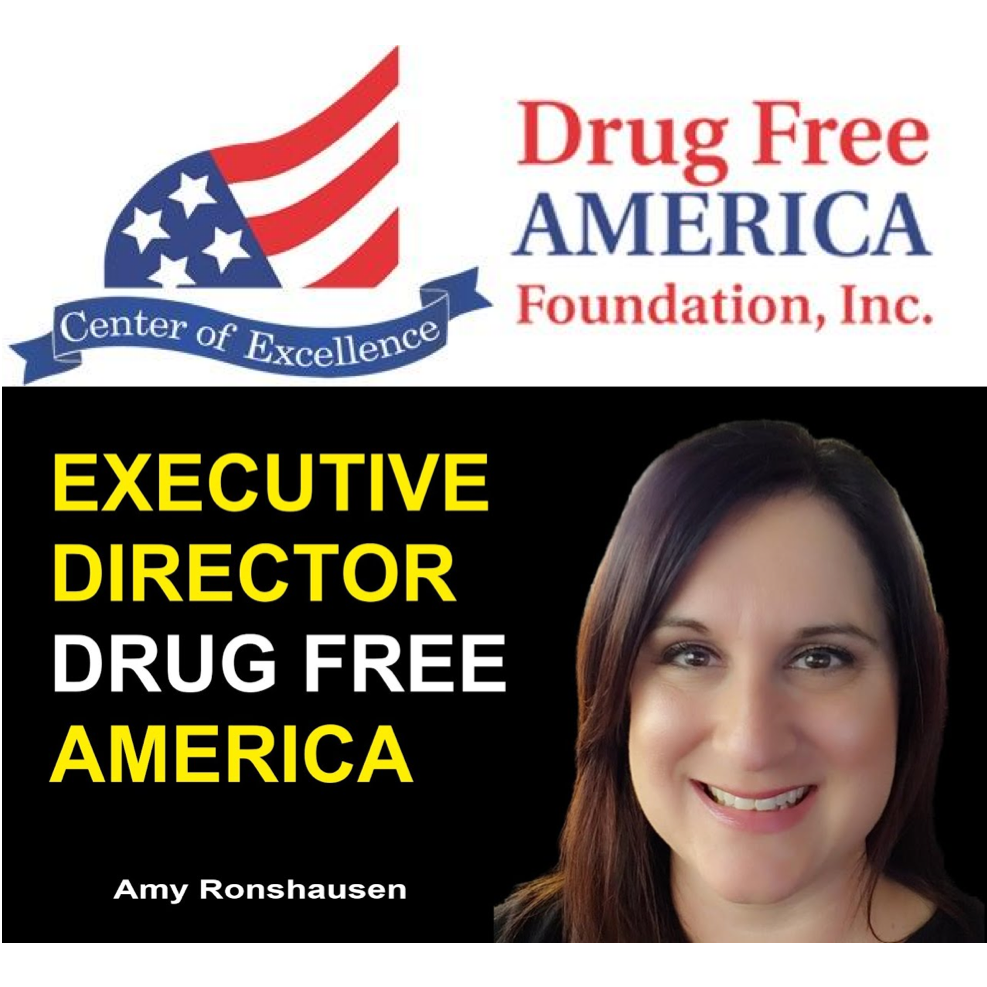
What are the long-term health effects of marijuana use?
Marijuana may seem harmless to many, but the long-term consequences are alarming. Regular use can cause chronic breathing problems, frequent lung infections, and a persistent cough. Every breath becomes a painful reminder that something isn't right. And these effects linger—sometimes for life—affecting your quality of living in ways that are hard to reverse.
How does marijuana affect mental health?
Many users think marijuana will ease their anxiety or stress, but for some, it does the exact opposite. It can worsen depression and lead to paranoia or hallucinations, creating a mental prison that’s hard to escape. Imagine living in a constant state of fear or confusion, unable to control your own thoughts.
Can marijuana be addictive?
Yes, it can. What starts as casual use can spiral into addiction, a cycle that's hard to break. Your body begins to crave the escape it provides, and suddenly, it’s not just about the high—it’s about needing it to feel normal. You start losing control, as your reliance on it deepens, affecting relationships, work, and your sense of self.
Is marijuana harmful for young adults?
The younger you are, the more harmful marijuana can be. Studies show that marijuana use can impact brain development, especially in teens and young adults. It alters memory, attention, and learning ability. A young mind, full of potential, is stunted before it can fully grow.
How does marijuana affect daily life?
The impacts go beyond just health. Marijuana affects productivity, motivation, and focus. People often feel trapped in a cycle of low energy and laziness, their goals and ambitions slowly fading away. The future becomes a distant dream, and marijuana becomes the barrier between a person and their best self.
 Add Row
Add Row  Add
Add 





Write A Comment